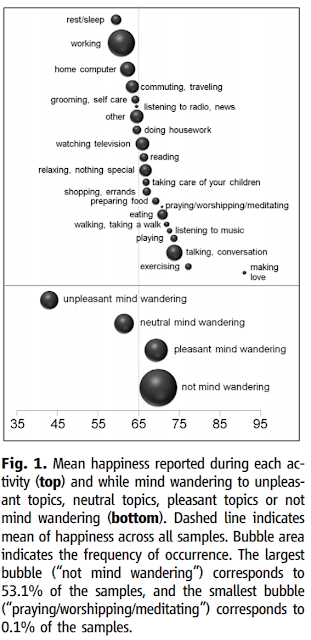Older leaders by countries
A month ago the Telegraph published an article about how the old pensioner is ruining the young generations’ future and hopes in the UK. It was a bit harsh but the whole point was that youngsters are a minority without political or economical power and therefore brought to their knees by the politically active and rich older generations.
If that is the case, that should have a
negative impact on future (present) economic growth. First, it’s known that
older generations are more conservative and risk-averse: they’ve got much to
lose (assets, savings) and nothing to win (low and decreasing productivity). Secondly,
with a more conservative society, regulation would grow, new technologies
banned (Uber, Airbnb?) and anti-inflation policies applied. With a scenario
like this, younger generations’ expectations would be pretty grim. Creativity
and innovation would be harder and as a consequence investment scarce. GDP
growth is to good extent a consequence of expectation. Japan could be an
example of this.
Research has found a direct relationship
between GDP and population age. Smlan Roy, has calculated that the shrinking
working-age population dragged down Japan’s GDP growth by an average of just
over 0.6 percentage points a year between 2000 and 2013, and that over the next
four years that will increase to 1 percentage point a year. Germany’s shrinking
workforce could reduce GDP growth by almost half a point. In America, under the
same assumptions, the retirement of the baby-boomers would be expected to reduce
the economy’s potential growth rate by 0.7 percentage points.
The effects of population age on GDP is
probably more complicated than that. Experience is key:
“A clutch of recent studies suggests that
older workers are disproportionately more productive—as you would expect if
they are disproportionately better educated. Laura Romeu Gordo of the German
Centre of Gerontology and Vegard Skirbekk, of the International Institute for
Applied Systems Analysis in Austria, have shown that in Germany older workers
who stayed in the labour force have tended to move into jobs which demanded
more cognitive skill. Perhaps because of such effects, the earnings of those
over 50 have risen relative to younger workers.”
It is well known that there is an inverted
U relationship between age and salary being 50 when the maximum is reached, ie
where experience is not enough to compensate for the loss of creativity.
In any case, seems clear to me that on the
extreme a society full of 70 years old pensioners could hardly grow. But even
more important, a society were power is biased toward
older people wouldn’t be fair.
I generated the following graph that shows
the average age of the CEOs of the largests companies and Government members
per country.
The second graph shows the difference
between the average leader (CEOs and Gov. members) and the average citizen.
In all cases the leaders are older than the average citizen. Spain is the most extreme case, they are about 25 years older.
In all cases the leaders are older than the average citizen. Spain is the most extreme case, they are about 25 years older.




Comments